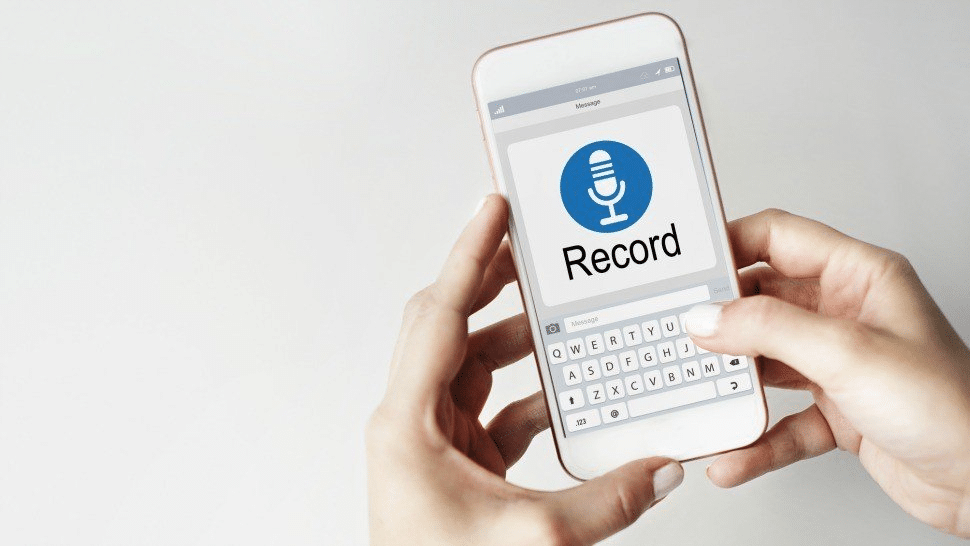If you want to record statements for personal or business reasons, you can legally record calls, but only under certain conditions. Secret recordings can be punishable by law.
Legal or illegal: Are you allowed to record calls?
There are many apps and other ways to record phone calls. With a phone recording, you can not only prove agreements later, but also prove admissions.
- According to § 201 paragraph 1 of the Criminal Code (StGB), however, this is a criminal offence. The so-called “non-publicly spoken word” is to be treated as confidential. Breaking this law is usually punishable by a fine, in particularly serious cases up to three years imprisonment is possible.
- In theory, you are already liable to prosecution if you allow other people to listen in on the loudspeaker or a second telephone receiver and the person on the other end of the line does not know about it.
Recording calls: Not valid evidence in court
The Federal Court of Justice has ruled that unlawfully recorded telephone calls are not admissible as evidence in court. The right over the spoken word is protected from third parties by Articles 1 and 2 of the Basic Law.
- So recording a conversation can not only get you into legal trouble, but is also of no use as evidence in court.
- This means that even if the information from the phone call is known to the court, this information may not be used to reach a verdict.
Recording calls: When is it legal?
For quality assurance purposes, many call centres record their calls. However, before you are connected to a staff member, you must give unambiguous consent by pressing the word “Yes” or a specific button on the phone.
- If you record a telephone call as a private individual, you must also record this consent. However, in order for the recording to be considered as evidence, it is mandatory that you also record this consent.
- To ensure that everything is legally correct, you should first obtain consent, then start the recording and then obtain consent again, mentioning that the person you are talking to has already consented before the recording.

